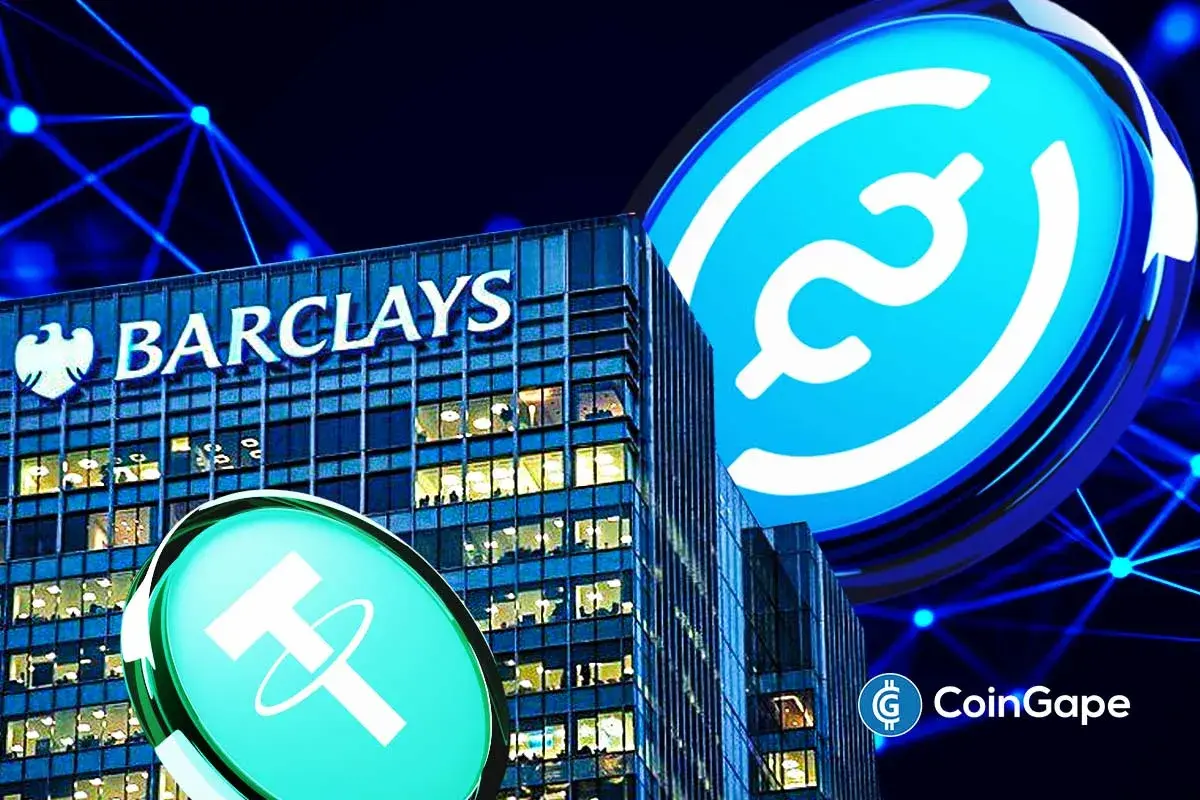South Korea Crypto Crackdown: FSC to Crackdown on $2.6 Billion “Kimchi” Market

South Korea’s Financial Services Commission (FSC) has announced a potential regulatory clampdown upon firms’ failure to meet the new compliance requirements by 24th September. The FSC highlighted that the inability to meet the mentioned deadline may cause the closure of 40 out of 60 exchanges in South Korea.
“Huge investor losses are expected with trading suspended and assets frozen at many small exchanges as customer protection will not likely be the priority of those exchanges facing an imminent closure.”, Cho Yeon-haeng, president of Korea Finance Consumer Federation, told the Financial Times.
Furthermore, the impact may be extended to the $2.6 Billion “Kimchi coin” market, as the local token faces a potential ban. Kim Hyoung-Joong, a professor at and the head of the Cryptocurrency Research Center at Korea University, warned that as majority exchanges’ face a possible shut down, it will, in turn, affect the local tokens’ market and eliminate approximately 42 “kimchi coins”.
“A situation similar to a bank run is expected near the deadline as investors can’t cash out of their holdings of ‘alt-coins’ listed only on small exchanges. […] They will find themselves suddenly poor. I wonder if regulators can handle the side-effects.”, Lee Chul-yi, head of local crypto exchange Foblgate, has told the Financial Times.
South Korea Crypto Regulations
In lieu of South Korea’s updated crypto regulations, exchanges are expected to acquire an official license with the Financial Services Commission (FSC). However, according to the new policies, all exchanges, Foreign or Domestic will be required to issue real-name accounts in Banks, under tightly knit guidelines to prevent money laundering in the Korean region. Furthermore, Banks will have access to check for transparency, business risks, and the possibility of criminal activity of these crypto exchanges.
Additionally, all foreign exchanges offering services to Korean investors must register with South Korea’s anti-money laundering body, the Korea Financial Intelligence Unit (KFIU). The failure to do so shall result in a ban from operating in Korea and criminal charges, along with a hefty fine. Along with registering with the KFIU, cryptocurrency exchanges are also required to acquire a certificate in information security from South Korea.
Play 10,000+ Casino Games at BC Game with Ease
- Instant Deposits And Withdrawals
- Crypto Casino And Sports Betting
- Exclusive Bonuses And Rewards

- Breaking: Morgan Stanley Applies For Crypto-Focused National Trust Bank With OCC
- Ripple Could Gain Access to U.S. Banking System as OCC Expands Trust Bank Services
- $2T Barclays Explores Blockchain For Stablecoin Payments and Tokenized Deposits
- Breaking: U.S. PPI Inflation Rises To 2.9%, BTC Price Falls
- XRP News: Ripple-Backed Ctrl Alt Completes $280M in Diamond Tokenization on XRPL
- Top Analyst Predicts Pi Network Price Bottom, Flags Key Catalysts
- Will Ethereum Price Hold $1,900 Level After Five Weeks of $563M ETF Selling?
- Top 2 Price Predictions Ethereum and Solana Ahead of March 1 Clarity Act Stablecoin Deadline
- Pi Network Price Prediction Ahead of Protocol Upgrades Deadline on March 1
- XRP Price Outlook As Jane Street Lawsuit Sparks Shift in Morning Sell-Off Trend
- Dogecoin, Cardano, and Chainlink Price Prediction As Crypto Market Rebounds

 Buy $GGs
Buy $GGs
















